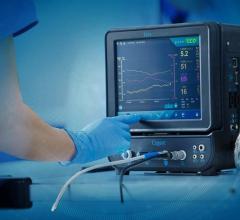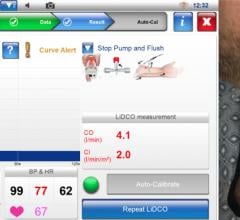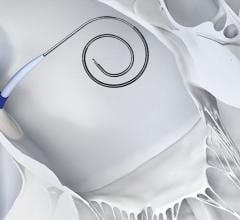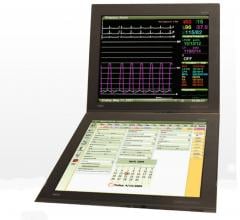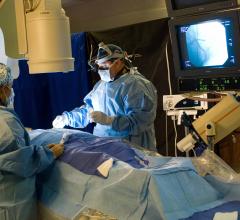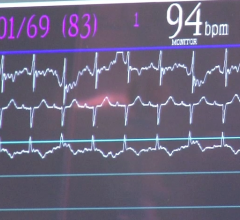December 11, 2013 – The National Cheng Kung University Heart Science and Medical Devices Research Center (NCKU HSDMRC) and the Division of Cardiothoracic Surgery, Department of Surgery, Duke University, Durham, NC, USA, jointly carried out a cardiac assist device implantation on a calf in October.
Roberto Manson and Mani Daneshmand from Cardiothoracic Surgery, Duke University Medical Center attended a joint Duke-NCKU workshop on early interventional ventricular assist device hosted by NCKU from October 13-16, and participated in the para-aortic blood pump (PABP) implantation surgery on the calf.
NCKU HSDMRC Director Pong-Jeu Lu, had led his research team to develop the PABP for over thirteen years.
“PABP is a new type of left ventricular assist device which has completed major design, prototype manufacturing and testing after more than 10 years of effort,” Lu said. “It is worthwhile mentioning that PABP is designed to be implanted in patients with heart failure prior to irreversible stage to hopefully restore heart function.”
However, the most important part would be the minimally invasive surgery, which allows rapid implantation into the aorta without affecting heart functions, thus shortening the recovery time after surgery.
Last year, Lu’s research team signed a 3-year agreement with the Division of Cadiothoracic Surgery at Duke University pertaining to the research development of cardiac assist devices, efficacy and safety regarding surgical treatment on patients with heart failure and the pathway of cell recovery after long-term PABP support.
“NCKU’s PABP research outcome can be applied on patients with heart failure of non-refractory stage,” noted Daneshmand. “It can also be used to restore heart function of patients with late stage heart failure and prolong patient’s life with reasonable quality; hence it is a very advanced piece of medical innovation.”
The research entering the phase of human trials within two years is foreseeable.
For more information: www.english.web.ncku.edu.tw/bin/home.php


 January 13, 2026
January 13, 2026 

